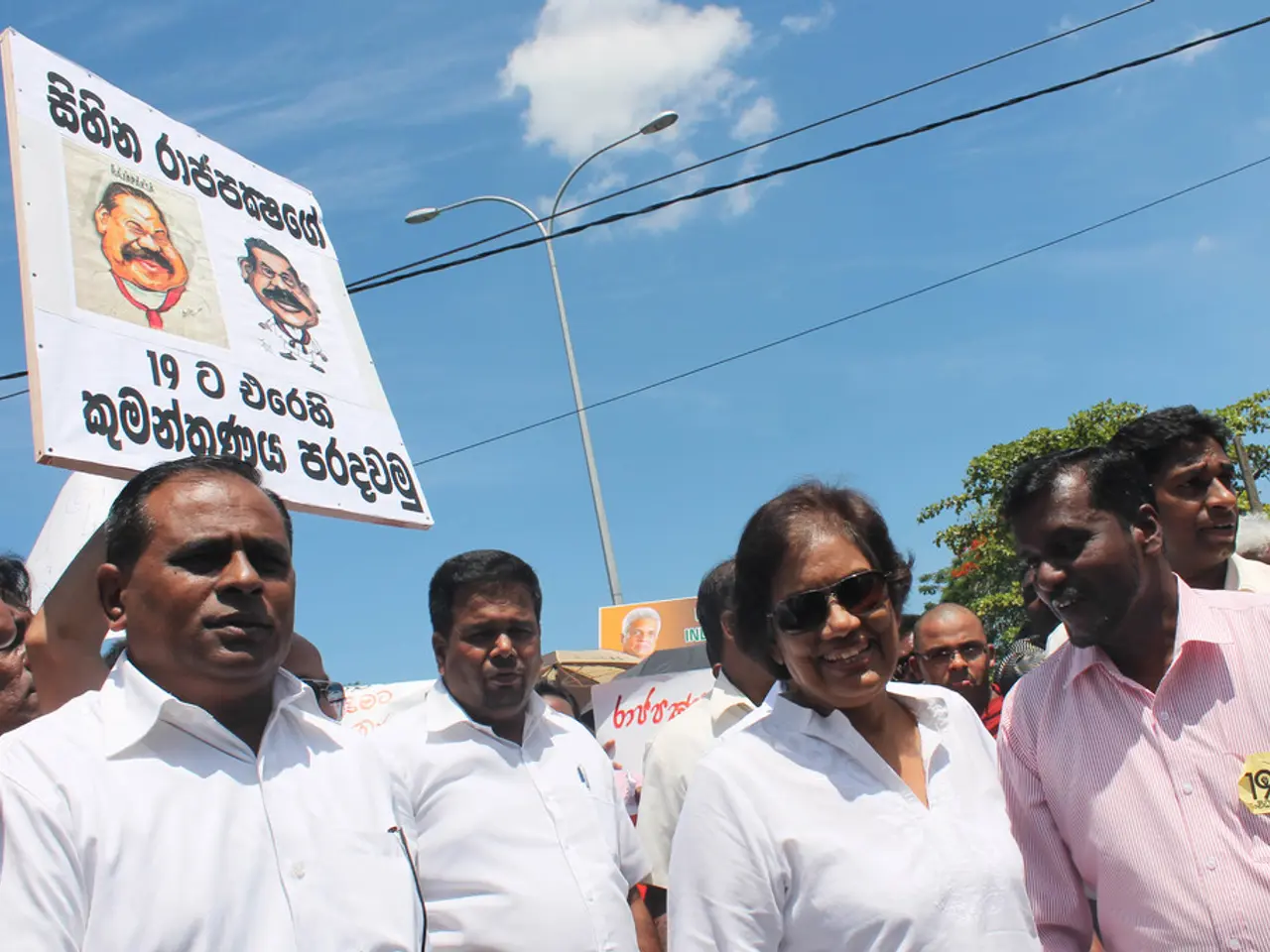Thailand and Cambodia Agree on 13-Point Ceasefire Pact
Thailand and Cambodia Agree to 13-Point Ceasefire Plan
After five days of intense fighting, Thailand and Cambodia have reached a 13-point ceasefire agreement aimed at de-escalating tensions along their shared border. The agreement was formalised during a special ministerial session of the General Border Committee (GBC) in Kuala Lumpur, with international observers from China, the United States, and Malaysia (as the chair of ASEAN this year) present.
The comprehensive framework, effective from July 28, 2025, includes provisions such as a complete and unconditional ceasefire, protective measures for civilians, a freeze on troop reinforcements and movements, facilitation of the return of displaced individuals, the establishment of a bilateral rapid coordination team, and commitments to refrain from provocations, violations, or territorial intrusions.
Key provisions of the agreement include:
- Complete and Unconditional Ceasefire: All types of weapons are prohibited, with no attacks on civilians, civilian objects, or military targets on either side.
- Maintaining Current Troop Deployments: Troop movements, patrols, or reinforcements are not allowed towards the other side’s positions or along the entire border to prevent escalation.
- Refraining from Provocative Actions: Military activities crossing into the other’s airspace or territory, and constructing or enhancing military infrastructure beyond their own borders are prohibited.
- Protection of Civilians: A strict prohibition on any use of force against civilians or civilian objects under any circumstances, consistent with international law.
- Compliance with the Geneva Conventions: Regarding the treatment of captured soldiers, including their immediate release after hostilities cease, transfer of injured persons to medical facilities, and facilitating dignified returns of deceased individuals.
- Establishment of a Bilateral Rapid Coordination Team: With four representatives from each country to ensure continuous communication and immediate conflict resolution.
- Facilitation for Displaced Persons: To return safely to their homes, recognizing the humanitarian aspect of the agreement.
- A Regional Monitoring Team: Led by Malaysia, including military attachés from ASEAN nations, to oversee adherence to the agreement and enable swift special meetings should tensions rise again.
- Commitments from Both Sides: Not to provoke, violate the ceasefire, or intrude into territorial boundaries.
This plan builds on a previous 7-point agreement and was facilitated by the Malaysian Chief of Defence Forces, symbolising a neutral stance. The leaders of Cambodia and Thailand came to the negotiating table due to US President Donald Trump's intervention, stating that tariff negotiations would not continue unless there was peace.
The Thai delegation was led by Deputy Defence Minister Gen Nattaphon Narkphanit, who acted as the defence minister, while Gen Tea Seiha led the Cambodian delegation. Foreign inspectors based in either country will not cross the border.
Both countries reiterated their commitment to resolving the border conflicts through peaceful means, upholding international law, and maintaining mutual respect for national sovereignty. Thailand reaffirmed its support for bilateral mechanisms as a means of resolving disputes effectively and peacefully.
Gen Natthaphon paid a courtesy call on Malaysian Prime Minister Anwar Ibrahim in Putrajaya, marking a significant step towards strengthening diplomatic relations between the three countries. The agreement aims to bring lasting peace, protect civilians, and allow displaced residents to return home safely.
The agreement between Thailand and Cambodia aims to de-escalate ongoing war-and-conflicts along their shared border, as outlined in the 13-point ceasefire plan. The plan's implementation involves discussions on politics, including commitments to refrain from provocative actions, maintain current troop deployments, and prioritize the protection of civilians in line with international law.







